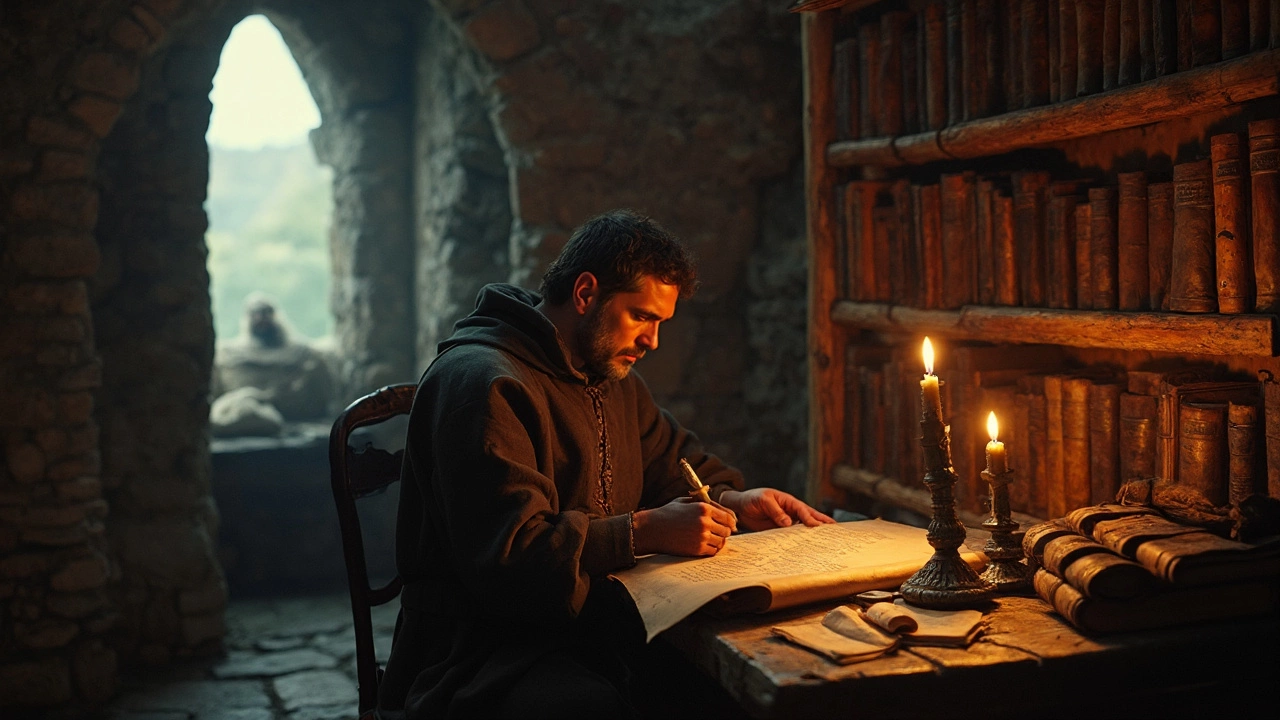Oldest Old English Poem: Meet Cædmon's Hymn
If you’ve ever wondered what the very first English poem sounded like, you’re in the right place. The title belongs to Cædmon's Hymn, a short religious song that dates back to the 7th century. It was recorded by a monk named Bede, who heard the verses from a humble cowherd named Cædmon. The hymn is written in Old English, the language you’d hear in Beowulf or on a medieval plaque.
Who Wrote It and Why It Matters
Cædmon wasn’t a poet by training; he was a farmhand who suddenly could sing verses after a dream. Bede’s Ecclesiastical History tells us that Cædmon’s talent amazed everyone at the monastery. The hymn praises God as creator of heaven and earth, using simple, rhythmic language that could be memorized and sung.
Why does this matter today? First, it shows that poetry wasn’t just for the elite. Even a low‑status worker could become a cultural icon. Second, the hymn gives linguists a pure example of early English sound and structure. You can hear the roots of words we still use.
What the Hymn Says
The hymn starts with the line "Nu sculon herigean" – “Now we must praise.” It quickly moves through creation, naming the sun, moon, and stars, then celebrates God’s power. Each line is short, with a strong beat that made it easy to chant.
Because it’s so brief—just eight lines—it’s ideal for beginners who want a taste of Old English. You can even find modern transliterations that show the original words side by side with a plain English version.
Reading Cædmon’s Hymn gives a glimpse into how early Christians in England used poetry to teach and inspire. It also reminds us that poetry can come from anywhere, even a night‑time dream.
So next time you scroll past a fancy lyric, think about the simple verses a farm boy sung over 1,300 years ago. That raw, honest expression is the heart of the oldest Old English poem, and it still echoes in the words we use today.
Explore the oldest surviving poem in Old English, its origins, meaning, and why it still matters. Dive into Cædmon's Hymn with unique insights, facts, and legacy.
More